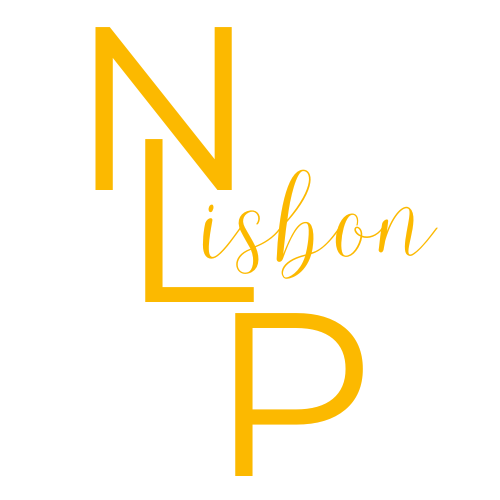Learning NLP is like embarking on a journey of self-discovery and personal growth. With the techniques and methods mentioned above, you can unlock the power of your mind, unleash your full potential, and achieve your goals with ease. Whether you want to improve your communication skills, overcome limiting beliefs, or enhance your performance in any area of life, NLP can help you get there.
Here is a brief overview of some NLP methods and techniques that we teach in our NLP Practitioner trainings. Many NLP techniques are not self-explanatory, but more detailed explanations can be found in the NLP books we recommend. We have also compiled tips on how to learn NLP best. Don’t hesitate to contact us or come to one of our trainings. We look forward to making you a confident NLP practitioner on a highly efficient path.
Anchoring: An emotional state is linked to an internal or external stimulus. The stimulus triggers the recall of the emotional state. Anchors can come from all representational systems and can be used, for example, to make good feelings easily accessible at any time.
Change History: Changing/re-evaluating/renewing your personal history using the timeline.
Embedded Commands: Refers to hiding hypnotic commands in normal sentences. Until now, this has mainly been possible in English. However, it can also be well transferred to German sentences.
Fast Phobia Cure: Technique for resolving learned stimulus-response patterns. For example, for working on a fear of spiders.
Belief Work: Subconscious assumptions that control our lives, filter our perception and influence our future. These are often assumptions adopted from others and not always helpful. Learn to step out of the puppet game and question yourself and others on a deeper level.
Hypnosis/Trance: Altered state of consciousness (often inwardly directed) that can be used to access resources. Ideal learning and working mode of the brain.
Meta-Model: Language deletes, distorts, and generalizes, thus compressing experiences. Specific questions help clarify and question imprecise formulations, expanding limited thinking. Problems become possibilities.
Metaphors :Verbal images and learning stories to offer solutions to the unconscious and conscious mind.
Meta-Programs: Recurring behavioral patterns that arise in various areas of life and run like a pattern through life. Gain more flexibility and people skills in dealing with yourself and others.
Milton Model: Hypnotic language patterns by Milton Erickson. Allows access to the unconscious resources of the other person.
New Behavior Generator: Install the behavior modeled by experts, making it accessible to you as well.
Pacing & Leading: The ability to know what to say or do to achieve desired results or to effect changes in a state.
Rapport: The ability to resonate with the other person and build trust. Rapport helps with every communication, interaction, and intervention.
Reframing: Reinterpretation and change of the frame of reference of a behavior to change perspectives and gain choices. Reframing helps to look at things from a different perspective.
Representational Systems: Our reality is perceived through our sensory channels and an inner image is created.
Submodalities: Subcategory of these sensory channels (brightness, distance, image size…) that allow the storage of experiences to be changed according to our needs, for example, to solve blockages or complete unpleasant tasks.
Strategies: Rapid unconscious processing sequences that occur when decisions are made. Paying attention to them helps, for example, excellent salespeople in sales and good NLP practitioners in working on behaviors.
Swish Pattern: The Swish Pattern is a useful technique to help people address an unwanted behavior response to a specific stimulus by changing key submodalities.
At our NLP Practitioner trainings, we provide a comprehensive learning experience that combines theoretical knowledge with hands-on practice. Our expert trainers will guide you through each technique and method, showing you how to apply them effectively in real-world situations. You’ll get to work with other curious learners and enjoy the dynamic atmosphere of our trainings. The fun and motivation of learning together often lead to forming practice groups, where you can exchange experiences and reflections. This will help you retain the knowledge and skills you acquire and continue to grow even after the training is over.
So, if you’re serious about learning NLP and want to become a confident practitioner, we encourage you to join our training program. With our expert guidance and support, you’ll learn NLP the right way and experience the transformative power of this amazing technology. Don’t hesitate to contact us today to learn more and start your journey towards personal and professional excellence.


Leave a Reply